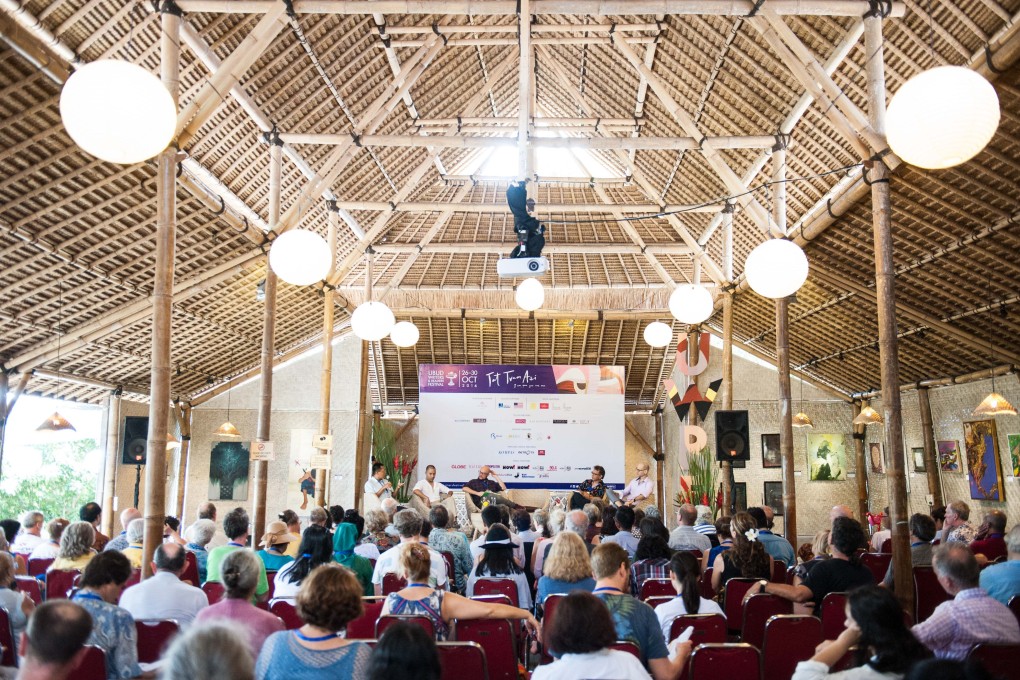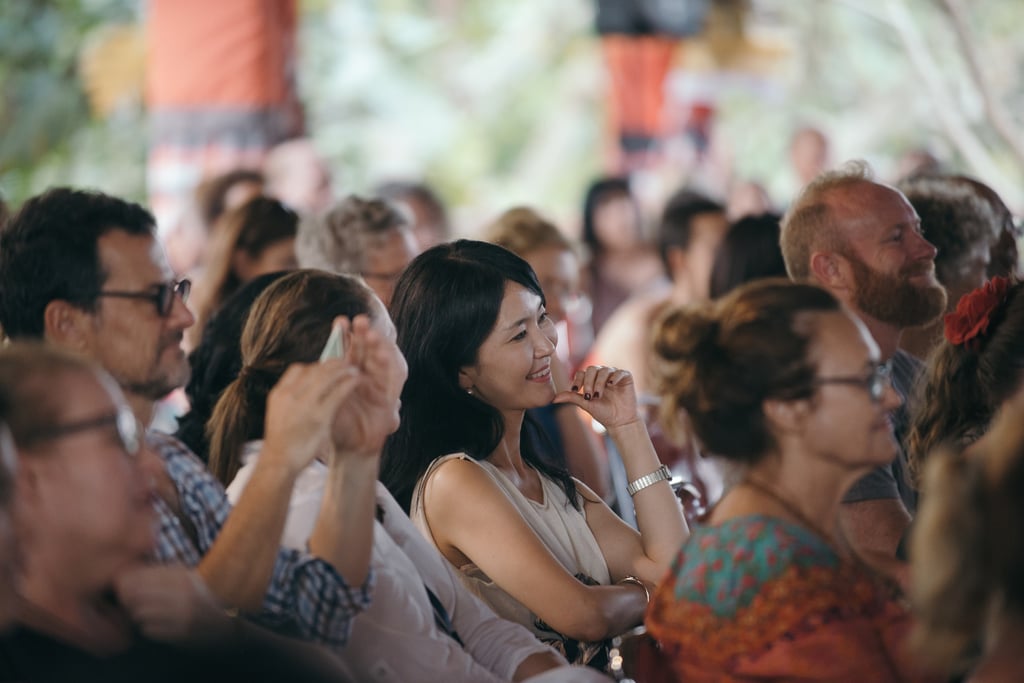Southeast Asia’s biggest literary festival, in Bali, is back, with a focus on Ukraine war, after going online during Covid-19 pandemic
- Covid-19 forced the Ubud Writers & Readers Festival to go online, but it returns to the Bali town in full physical form on October 27 for its 19th edition
- Co-founder Janet De Neefe reveals what to expect this year, from live music to appearances by Ukrainian poets, musicians and chefs

Few literary events in the world have endured more calamity than the Ubud Writers & Readers Festival. On October 27 it returns to verdant central Bali for the 19th time, with four days of book launches, film premieres, long-table dinners, panel discussions, workshops, live music and cultural performances.
Born from the ashes of the Bali bombings of 2002 as a way to attract foreign tourists back to the island, the festival got off to a fine start in 2004 before terrorists bombed the island again only days before the second festival in 2005, reducing attendance.

Over the years it has attracted writers, artists, activists and philosophers such as Xanana Gusmao, the first president of East Timor, Pulitzer Prize winner Viet Thanh Nguyen and cult novelist Irvine Welsh.
